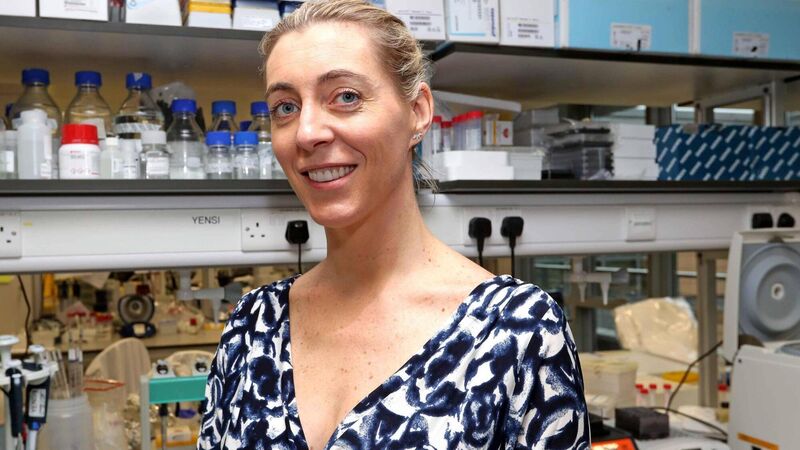Cork patients in groundbreaking trial to improve cancer treatment

Dr Dearbhaile Collins, lead investigator on the Keynote-A18 study team, said the 'amazing' trial being rolled out in CUH could change how cervical cancer is treated around the globe. Picture: Jim Coughlan
Cervical cancer patients receiving treatment at Cork University Hospital (CUH) will be among the first in Ireland and the UK to take part in a potentially groundbreaking international clinical trial that could transform treatment and outcomes.
The CUH cancer unit is the first site in either country to enrol patients onto the Keynote-A18 clinical trial that will investigate if a new combination of treatments can cure cervical cancer in women with a stage two or stage three diagnosis.













